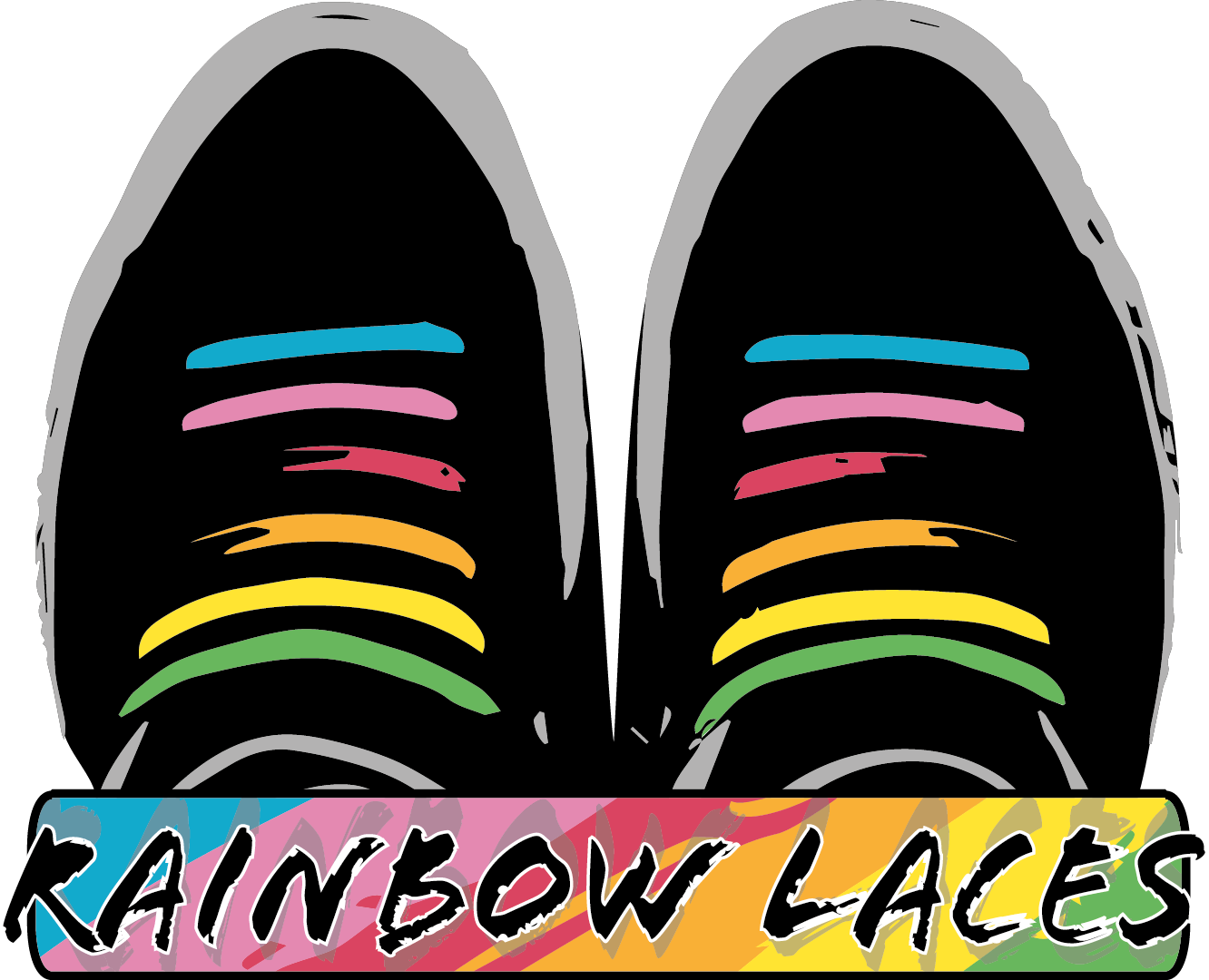The Gassy Führer
Authoritarian leaders project power, but their history is riddled with frailty — flatulence, hormone binges, and pseudoscientific rituals. Beneath the bluster lie insecure, ordinary men, propped up by spectacle and fear. Laughter exposes what power tries to conceal: the absurd, needy humanity of those who claim inevitability. To mock is not to trivialise, but to resist the illusion. Because once you’ve seen the seams, the performance gets harder to believe — and harder still to follow.
Richard Feynman’s Philosophy of Ignorance
Richard Feynman believed ignorance wasn’t a flaw but a spark for discovery. His life and work, from dismantling childhood toys to reshaping quantum theory, were guided by relentless curiosity and questioning. He saw rigid frameworks and blind certainty as the true enemies of progress, both in science and life. Like Feynman, successful teams thrive not by clinging to process but by embracing uncertainty, testing assumptions, and reflecting on their experiences. Progress comes not from knowing everything but from having the courage to explore the unknown and let curiosity light the way forward.
Grief and Authenticity
Grief defies shortcuts. Sitting in Taipei for a Lunar New Year meal, mourning my sister-in-law, I thought of the “pen experiment”—forcing a smile to trick the brain into happiness. It’s a charming but debunked idea, much like our tendency to fake normalcy in life and work, clinging to frameworks that don’t fit. Real healing, like real teamwork, doesn’t come from pretense. It’s messy, unpredictable, and deeply personal. As we lay a place at the table for her, grief teaches us that the only way forward is through the tangle of loss and connection. And maybe, just maybe, that’s enough.
The Death of Effort: Why Curation, Not Toil, Defines Art
Creativity isn’t defined by the hours of grind—it’s about decisions and meaning. We don’t marvel at Van Gogh’s effort or tally Ridley Scott’s sleepless nights; we value their work for its impact. Yet, myths of toil persist, especially with AI in art. Critics misunderstand AI—it’s not plagiarism but a tool that abstracts patterns, expanding creativity rather than replacing it. The effort shifts from brute force to thoughtful curation. Art is, and always has been, about resonance, not suffering. AI simply invites us to let go of outdated beliefs and embrace new possibilities for expression and connection.
Rituals of Safety
A devout community shuns modern medicine, relying on rituals disguised as sacred cures—initially effective through placebo but ultimately powerless against a recurring disease. This mirrors how organisations adopt frameworks like SAFe, seeking control over agile transformations. SAFe offers the illusion of safety, but over time, rigid rituals stifle innovation and fail to address real challenges. True agility comes from embracing uncertainty, exploring, and adapting to complexity—not hiding behind comforting but hollow frameworks.
Has the Agile bubble burst?
Agility isn’t a trend ready to pop like the dot-com bubble. True agility is survival—essential for both a rabbit evading a fox and a startup navigating market chaos. But agility alone isn’t enough. Without purpose, it becomes just frantic movement. Success comes when agility aligns with strategy. Both the rabbit and the startup learn that adapting quickly must be balanced with a clear path forward. The agile bubble hasn’t burst because it never existed—it’s a mindset built on navigating change, not chasing hype.
It was never about stand-ups🧍 or pants👖 (or trousers🇬🇧).
Stand-ups aren’t sacred. Teams grow by trying things, even things that make leaders cringe—like ditching stand-ups. Leadership, much like parenting, is about providing a safe space for experimentation, knowing when to guide and when to step back. Teams will fall, learn, and adapt. Over time, they come to understand which practices, like stand-ups, truly benefit them—not because they’re forced to, but because they’ve discovered their value firsthand. It’s a journey of growth, trust, and learning.







